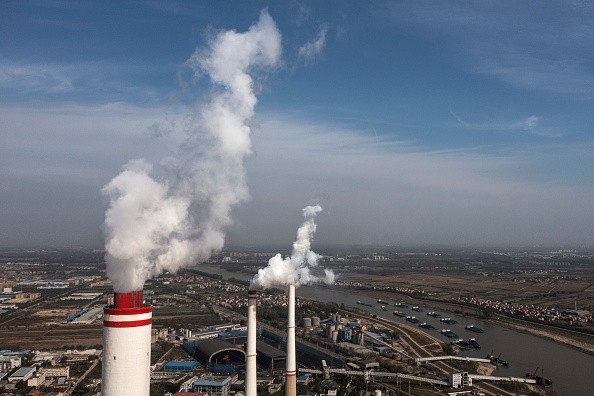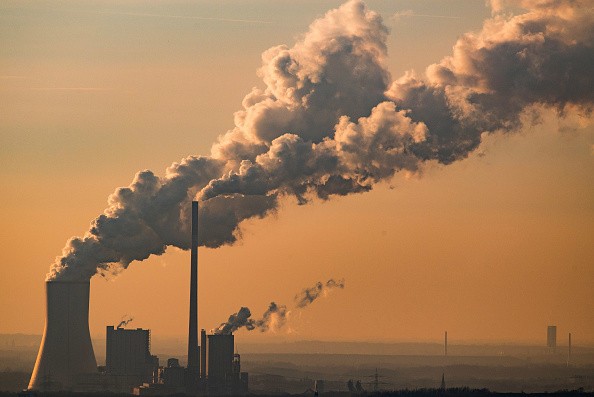Since China reopened from COVID-19 lockdowns, carbon emissions dropped for the first time in the third quarter, as per a study released on Thursday. Experts say this might be a carbon "turning point" for the country.

Decrease in Carbon Emission
According to a study by the Centre for Research on Energy and Clean Air (CREA), the fear of economic slowdown might motivate authorities to implement infrastructure stimulus measures, which could lead to an increase in emissions.
The second-biggest economy in the world has pledged to peak emissions before 2030 and attain carbon neutrality by 2060, but authorities have tried to stop the country from relying on fossil fuels, according to Phys.org.
Early 2020 saw China's greenhouse gas emissions fall drastically owing to extensive quarantines aimed at reducing the coronavirus, which later returned to higher than 2019 monthly emissions when towns and industries reopened.
However, according to CREA analyst Lauri Myllyvirta, the country's fossil fuel and cement emissions decreased by 0.5% year over year in the third quarter of this year - the first quarterly decrease since the post-lockdown resurgence.
China's Climate Commitments
The drop was triggered by the building downturn that followed Beijing's crackdown on real estate speculation and debt in addition to electricity rationing throughout the country because of high coal costs, Myllyvirta added.
It is possible that China's emissions have already peaked, years ahead of schedule, according to Myllyvirta's report. If the Chinese government injects extra stimulus to bolster its economy, emissions might climb once again, before peaking later this decade, he cautioned.
Myllyvirta said it's possible that Beijing may hold off on toughening its climate commitments until it has thoroughly handled its current coal dilemma, despite the fact that exploding coal use and price control measures were to blame.
In light of the recent COP26 climate meeting, opponents have accused China of not being bold enough in its emissions objectives, bringing its climate obligations into the limelight.

Unwillingness of Authorities to Adopt Emissions-cutting Measures
Pressure to avoid an economic recession at home has made communist officials hesitant to commit to precise emissions-cutting measures.
China said earlier this month that it will expand daily coal output by more than one million tonnes in order to alleviate the country's energy shortage.
Global warming will climb by 2.7°C by the end of the century thanks to new national climate commitments and other mitigating efforts, according to Emissions Gap Report 2021. Climate change would be devastating if Paris climate agreement's targets is exceeded.
The Paris Agreement calls for a halving of yearly greenhouse gas emissions during the next eight years in order to restrict global warming to 1.5°C or less this century. Net-zero emissions promises, if successfully implemented, may restrict warming to 2.2°C, closer to the Paris Agreement's well below 2°C goal.
Related Article : IEA Predicted That by 2050, Carbon Emission Will Decrease by Just 40%
For more news, updates about carbon emissions and similar topics don't forget to follow Nature World News!
© 2025 NatureWorldNews.com All rights reserved. Do not reproduce without permission.





